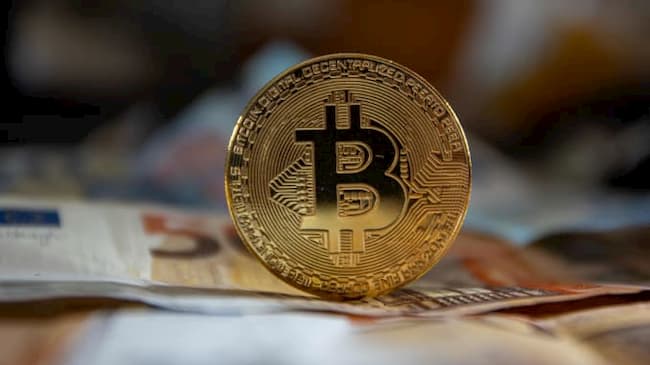If you have a Bitcoin then you are holding close to $60,000 in a single crypto coin. Bitcoin is the best known cryptocurrency platform around the world. It has rewarded millions of people around the world.
However, not all countries accept trading Bitcoin as it is believed or feared to be used for criminal activities due to its decentralized nature which removes it from from the control of traditional regulatory financial institutions.
The total value of the Bitcoin in the public domain is estimated to be US$1.149 trillion.
Here are 7 facts one should know about the Blockchain-based Cryptocurrency.
- The Creator – In 2009, a person or a group of people known as Satoshi Nakamoto introduced Bitcoin to the world. He (or they) vanished off the Internet in late 2010, and he hasn’t been heard from since. Just as his identity is shrouded in mystery, nobody really knows if he’s even alive or dead. The only communication people had with him was through emails and forums.
2. The Satoshi – As a sign of respect for Bitcoin’s creator, the smallest unit of a bitcoin is known as a satoshi. To make one bitcoin, you need approximately one hundred million satoshis. According to current bitcoin values, which fluctuate a lot, to make a dollar you need close to 15,800 satoshis.
3. The Processing power – The process of mining bitcoins is expensive; you pay a lot in money, time, and electricity. Mining bitcoins requires servers used for that specific purpose. The faster you process the data, the faster the block can be added to the blockchain, and the faster you’re rewarded with bitcoins.
4. The “B” power – The terms “Bitcoin” with an uppercase “B” and “bitcoin” with a lowercase “B” mean two different things. The latter (bitcoin) refers to the cryptocurrency that is used to perform the transactions. The former (Bitcoin) refers to the ledger that stores information regarding these transactions.
5. Volatile prices – The price of a bitcoin can unpredictably increase or decrease over a short period of time due to its young economy, novel nature, and sometimes illiquid markets. Consequently, keeping your savings with Bitcoin is not recommended at this point. Bitcoin should be seen like a high risk asset, and you should never store money that you cannot afford to lose with Bitcoin. If you receive payments with Bitcoin, many service providers can convert them to your local currency.
6. Irreversible payments -A Bitcoin transaction cannot be reversed, it can only be refunded by the person receiving the funds. This means you should take care to do business with people and organisations you know and trust, or who have an established reputation. Bitcoin can detect typos and usually won’t let you send money to an invalid address by mistake, but it’s best to have controls in place for additional safety.
7. Government taxes and regulations- Bitcoin is not an official currency. That said, most jurisdictions still require you to pay income, sales, payroll, and capital gains taxes on anything that has value, including bitcoins.












